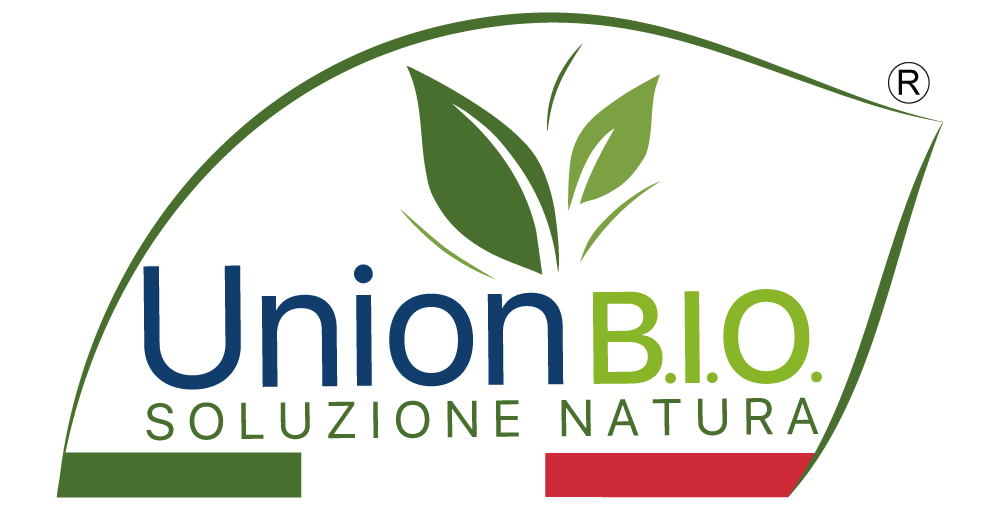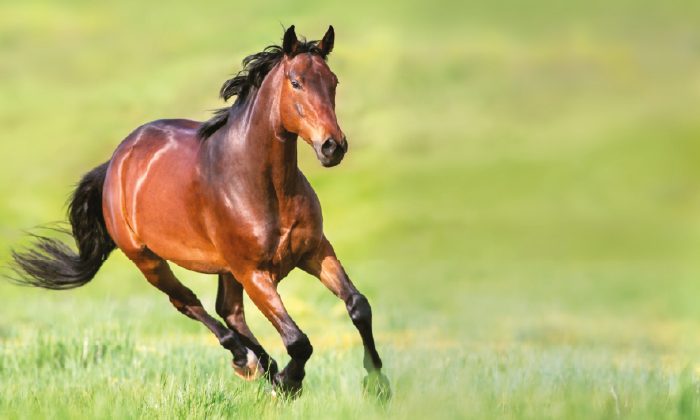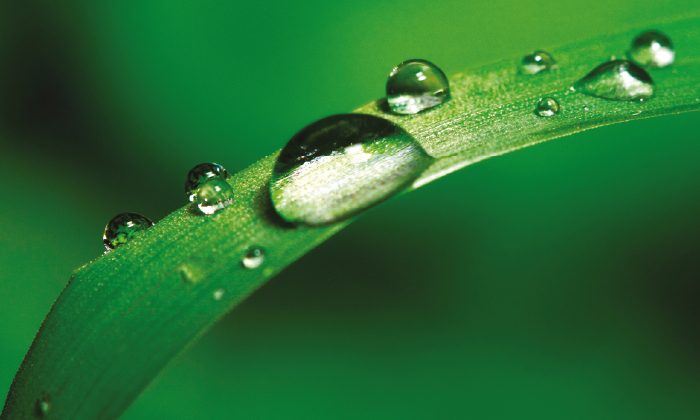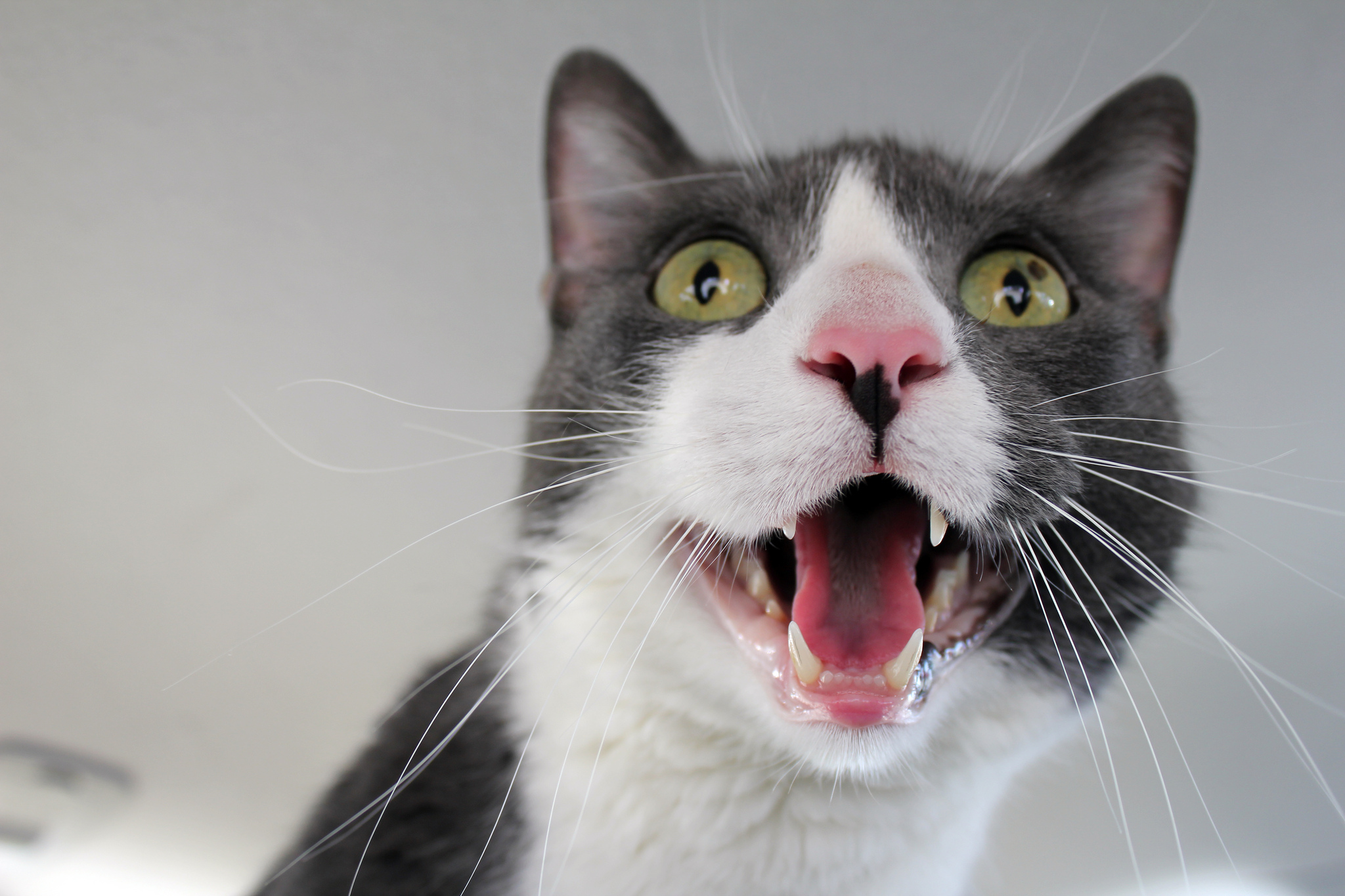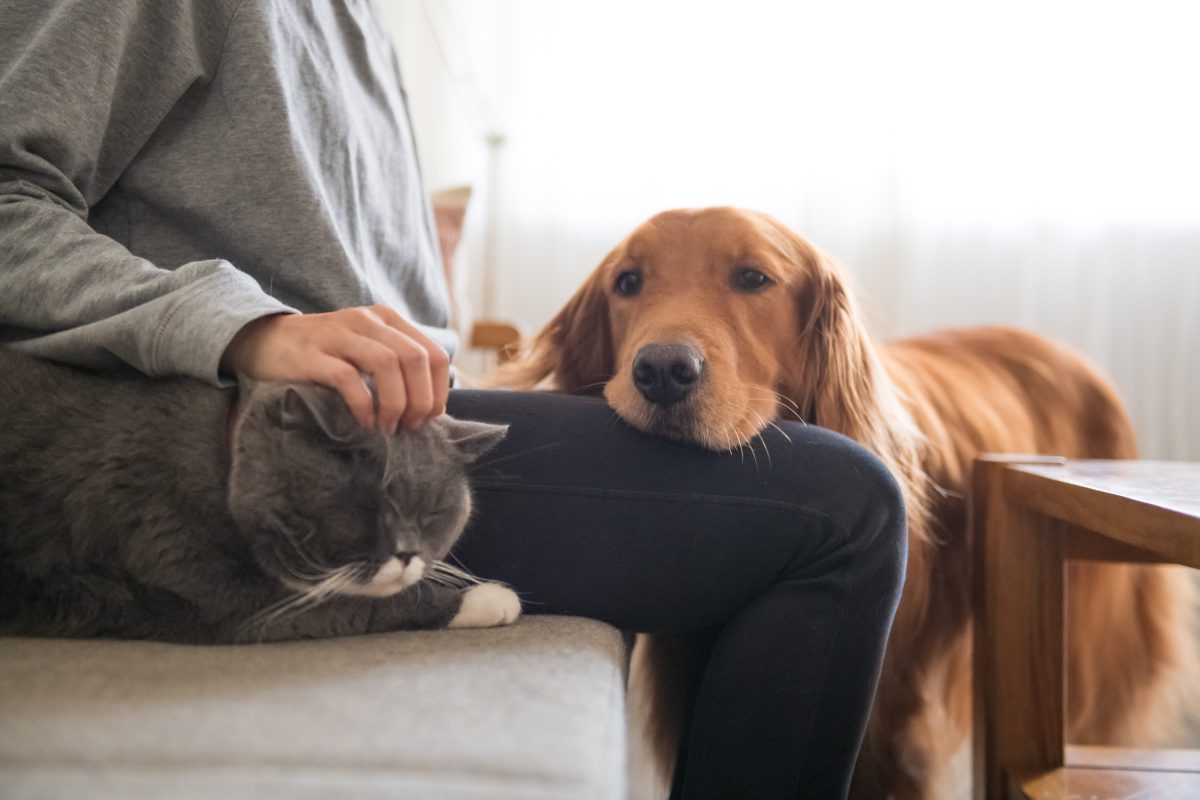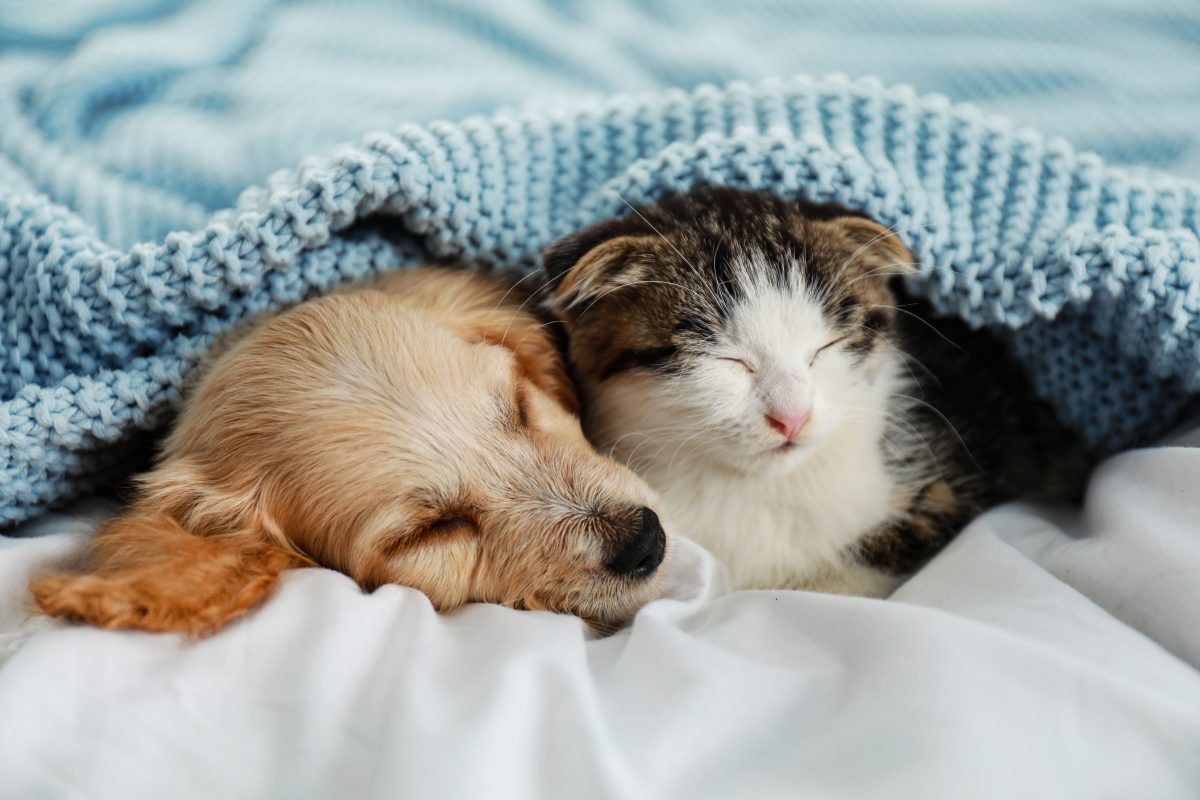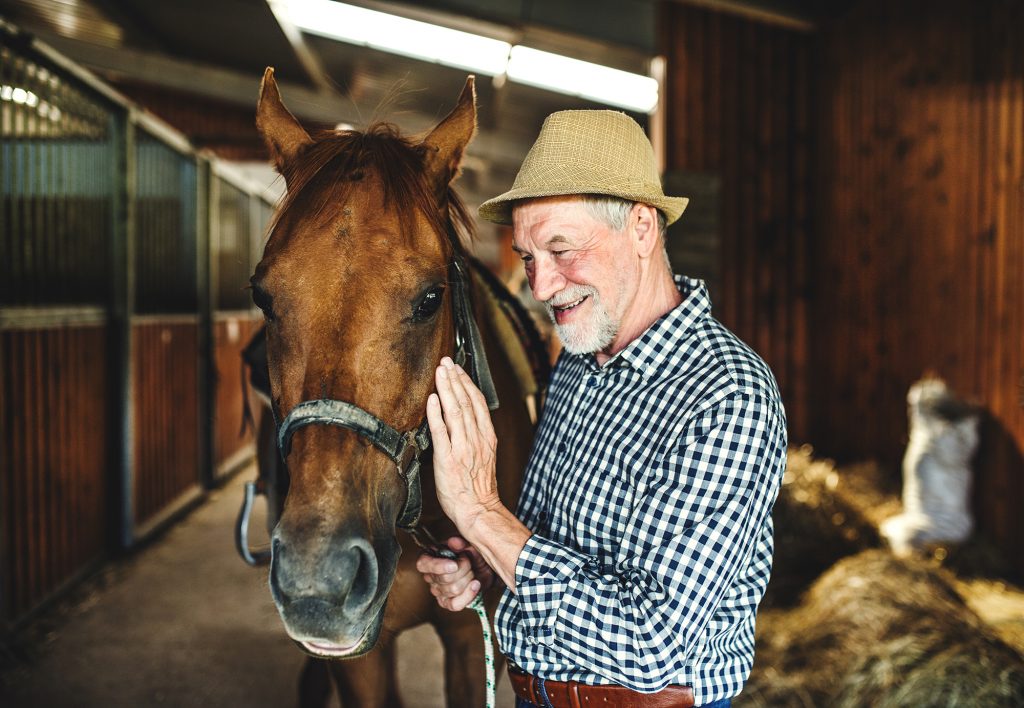The mouth of our 4-legged friends is, like ours, a complex and extremely important structure for everyday life and, as such, its care is of fundamental importance.
Inside the mouth reside the gums, often subject to inflammation and infection, the teeth, fundamental for the prehension and chewing of food, the tongue, the prehensile structure and also the seat of the taste buds, responsible for the perception of taste, different in all species, but always present and fundamental, together with the sense of smell, in the selection of the food.
Why do we brush our teeth every day?
Every time we eat, food residues settle in our oral cavity, causing an increase in bacterial load and often a bad smell due to fermentations.
The bacteria present in the oral cavity tend, in the long run, to cause the formation of plaque and subsequently tartar, causing not only the bad smell, but also more or less serious processes that often affect our health, like that of ours. animal friends, such as gingivitis, retraction of the gingival collar, abscesses, stomatitis, etc.
With daily cleaning of the teeth through the use of a toothbrush, dental floss and mouthwash, every day we eliminate the remains of food and reduce the bacteria in our mouth, making it a healthy and functional place!
What do oral disorders depend on?
The main pathologies related to the oral cavity are due to the formation of plaque and tartar, with consequent gingival inflammation and more or less serious problems that can result. It is often thought that plaque formation is closely related to the food eaten by the animal, which is in part true if we talk about sugars present in croquettes and tins, but, as regards the solidity or otherwise of the food, we know today that plaque formation is not limited by the exclusive kibble diet. In fact, the croquettes are small and have no cleaning function on the tooth, a function which in nature would instead be ensured by the passage of the tooth through multiple layers of prey tissue, a situation difficult to reproduce with commercial foods. The only certainty is that the presence of sugars and too many cereals, can instead act negatively on bacterial populations, encouraging the deposition of plaque.
There are also predisposing factors including genetic factors, therefore it is difficult to avoid the formation of plaque and tartar, but good oral hygiene with the right products can slow down or block this process.

But how do we take care of our animals' mouths?
On the market there are numerous useful products for the care and hygiene of the oral cavity of our 4-legged friends:
Paste toothpaste: similar to our toothpastes, they are usually used with the help of a toothbrush. Since the animals are unable to expel the used product, it is necessary to choose a very natural paste, which does not contain potentially harmful chemicals which, if ingested in the long term, could cause problems for our animal. Since the gums are very delicate, it would be preferable to use oral finger covers (finger washers) rather than brushes, so as not to risk causing damage with too vigorous brushing.
Toothpaste sprays: these are very useful solutions that are nevertheless ingested, and it is therefore essential to choose a natural spray, free of chemicals and dyes. The choice of the spray is certainly excellent, an effective solution, very quick to put into practice and that does not require the aid of toothbrushes or oral gloves, so as to cause as little stress as possible to the animal that just does not want to have its teeth cleaned. !
Tablets: tablets have recently come on the market to reduce halitosis by acting from the inside. The natural ingestible associations are very useful alone or as adjuvants of products for local use.
Snack: snacks are usually designed to act mechanically on the teeth, removing the deposited plaque. However, attention must be paid to the quantities, since they represent a source of food that may not be indicated in overweight animals or in animals with problems of intolerance. Their purely mechanical function cannot however replace that of sprays and natural pastes containing active ingredients with strong antibacterial and anti-inflammatory properties, but it can be a good adjuvant.
Ultrasound: on the market there are also ultrasound machines that progressively break the layer of tartar on the tooth, however, unlike a scaling performed by the trusted veterinarian, ultrasound does not work under the gum and consequently could give an appearance of health, without however having removed the anaerobic bacteria that cause potential gingivitis. Its use can be useful but cannot replace the activity of the veterinarian
Descaling: it is the last chance to guarantee perfect oral hygiene for our 4-legged friends, with the use of specific equipment, the veterinarian removes plaque and tartar in every part of the tooth. The only negative is sedation, in fact, to carry out this intervention, the animal cannot be awake. Only your trusted veterinarian will be able to decide whether the animal can undergo such an intervention, which remains the way of choice in all the most serious cases of oral disorders.
Good oral hygiene at all!
Dr. Paola Zintu Veterinary surgeon
Photo: Quinn Dombrowski,Brian Mending
